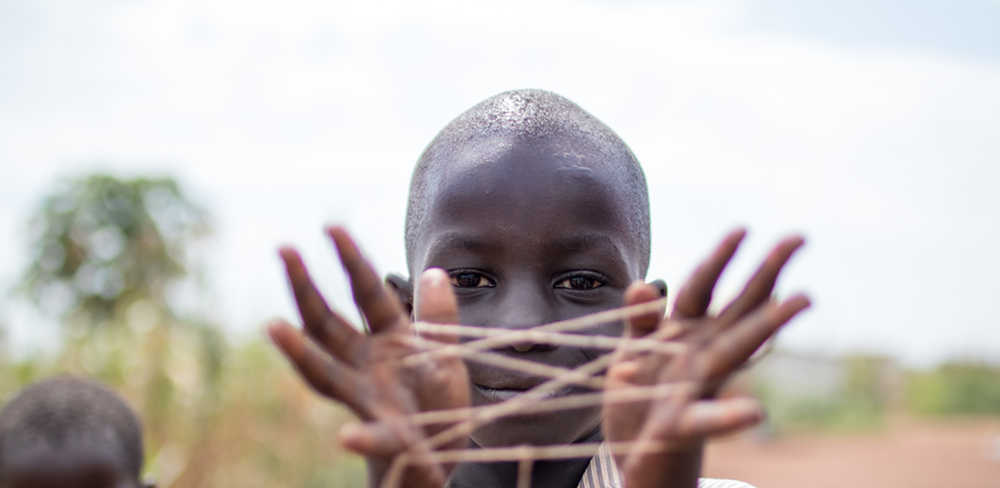
Every day, 300,000 people are being connected to electricity through efforts to achieve Sustainable Development Goal (SDG 7): “Ensure access to affordable, reliable, sustainable and modern energy for all.” For them, new access to electricity comes with a host of new data harvesting by electricity meters, appliances, and payment tracking. Unfortunately, this data is typically collected ad hoc and shared in a bespoke manner or not at all, with concerns about privacy and provenance taking a back seat to increasing electricity service. However, lack of attention to data management practices around SDG 7 is slowing progress and creating potential problems down the line.
Effective practices aren’t only about protecting the privacy of individual end users of electricity. There is potential to create real value through systematic data collection and expanding access to more stakeholders, and improvements require considering the position of each. We recently coauthored a freely available review article in a special issue of the Proceedings of the IEEE on energy access, describing 1) the stakeholders involved in the data ecosystem of SDG 7, 2) the types of data at play and how they are being used (or not used), 3) potential value and risks of sharing these to each stakeholder group, and 4) data management principles to incorporate moving forward. We lay out a framework that we hope can be a foundation for initiatives to engage stakeholders in responsible and effective data sharing.
The key stakeholders we identify are electricity users, micro-utilities (mini-grids and solar-home-system providers), macro-utilities (national or regional), governments, development institutions (e.g. the World Bank, United Nations Development Program, Sustainable Energy for All, or national aid agencies), and researchers. We group the types of data as technical (electricity usage, system and product performance), financial (transaction records and costs of service), or demographic (income, cultural affiliation, etc.).
The risks and values to sharing depend not only on the type of data, but who it is about, who is gaining access to it, and privacy mechanisms that are put in place. In the full paper, we explore these combinations and provide detail about the different possibilities and current practices. Through that exercise, we identified areas for mutually beneficial data sharing, others that require careful navigation of tensions, and those where risks outweigh potential values. We found that a common and open platform for sharing technical data can enable efficiency in a number of areas, such as utilities providing better data access to end users to promote energy literacy and efficient use, and aggregating larger consumption data sets for better demand prediction. We surveyed a group of different stakeholders at a 2018 workshop in Nairobi on Decentralized Energy Solutions for East Africa and the Role of Research, and some of the responses illustrated areas with more tension:
Our analysis suggests that fewer benefits are likely to be realized from sharing detailed – even anonymous – financial data of users without increased legal protections. Codesign of data sharing practices and platforms among all stakeholders is crucial to expanding access, realizing benefits, and mitigating risks. These discussions also need to be held in the context of changing regulatory landscapes and utility business models, so that data sharing practices can enable forward-looking goals and are not overly restricted by the needs of today.
We are actively continuing this work with a series of in-depth stakeholder interviews to contribute more primary data about perceptions. Please email Isa Ferrall, Jonathan Lee, and/or Jordan Freitas for more information on how to get involved or to participate in interviews.
This article was originally posted on the blog of the Thematic Research Network on Data and Statistics (TReNDS) – an initiative of the Sustainable Development Solutions Network (SDSN) that leverages the data revolution to support the implementation of the Sustainable Development Goals.
Banner image source: Alex Radelich via Unsplash